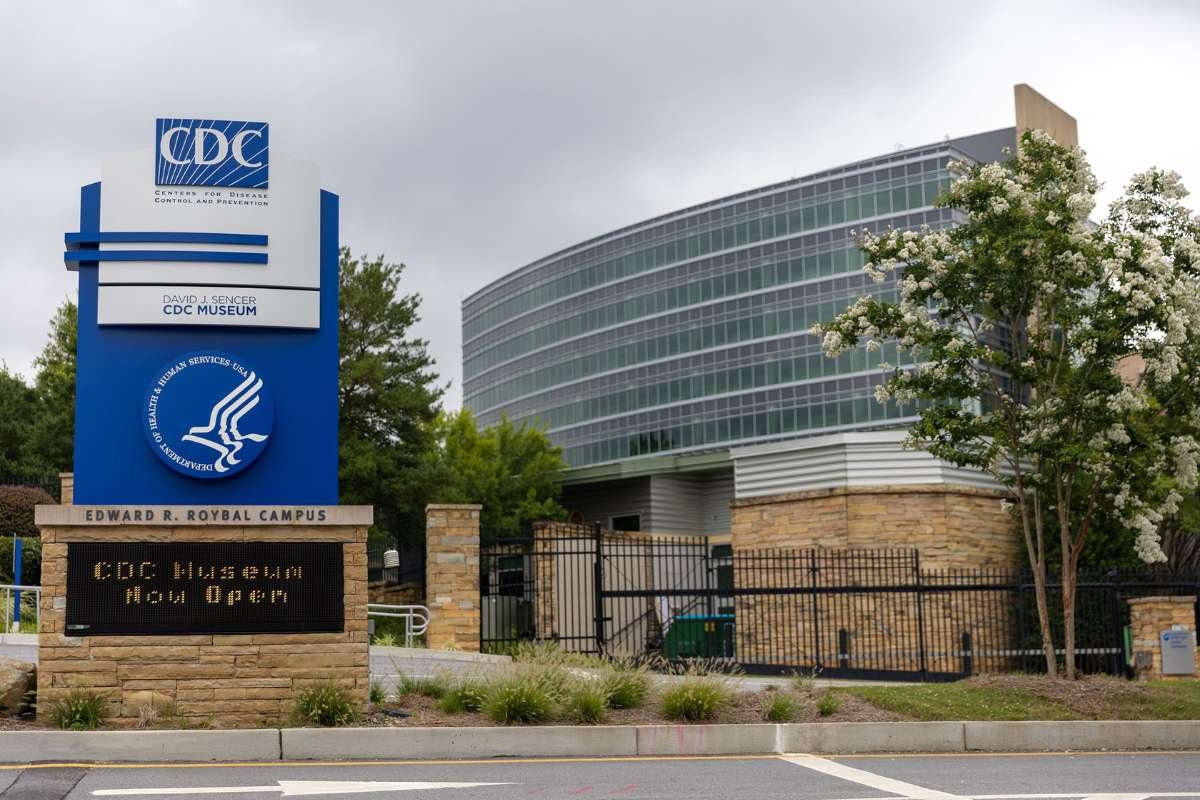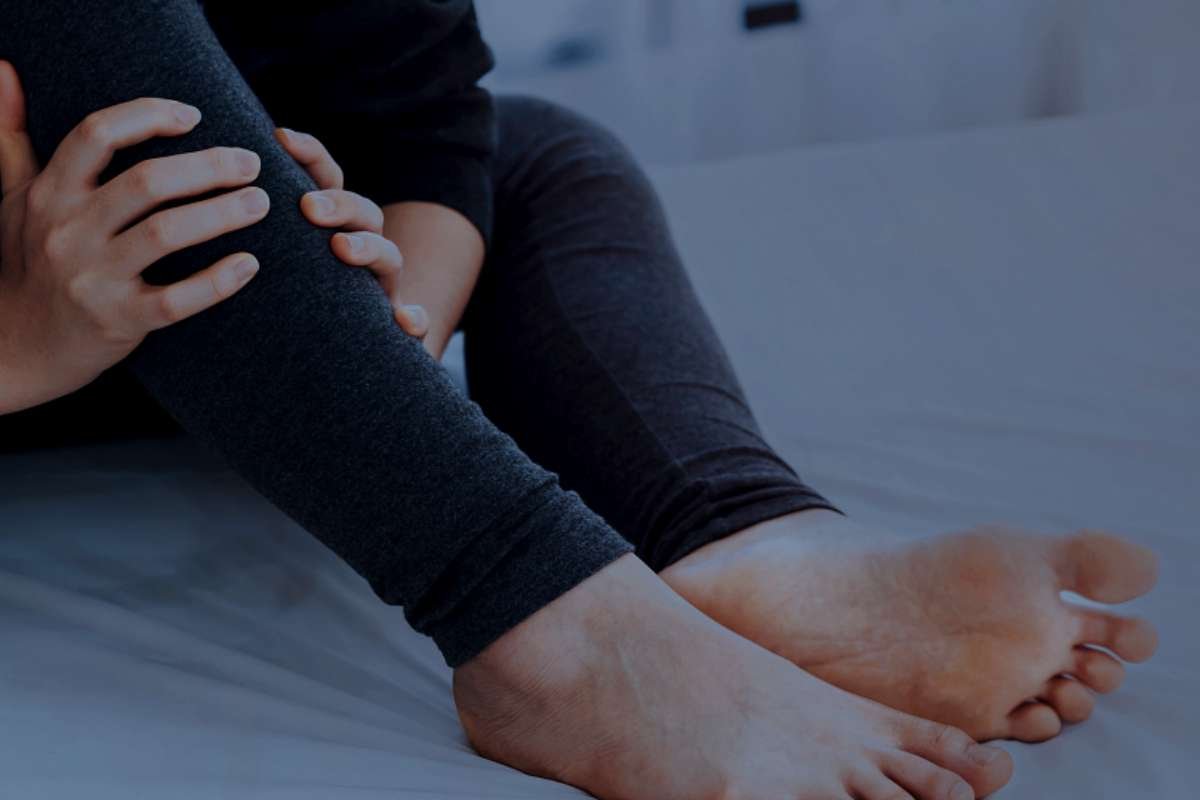If you are constipated, making healthy changes to Your Diet is Causing Constipation and lifestyle may help you get things moving again. This is not a topic you want to bring up, but if you are constipated, implementing these modifications may help.
Identifying the Cause of the Issue
Constipation occurs when a person has fewer than three bowel motions each week on average. Constipation may be caused by major conditions such as a blockage in the bowel or cancer of the colon or rectal tract, but it can also be caused by less serious conditions such as diabetes, thyroid issues, or even at the time of pregnancy Your Diet is Causing Constipation.
Here are 6 Reasons Why Your Diet is Causing Constipation;
1. You might be dehydrated.
Staying hydrated has multiple advantages for our body’s different organs, including the digestive system, ranging from plump, elastic skin to higher energy levels. In fact, according to the U.S. National Library of Medicine’s MedlinePlus database, not drinking enough water every day is one of the primaries Your Diet is Causing Constipation.
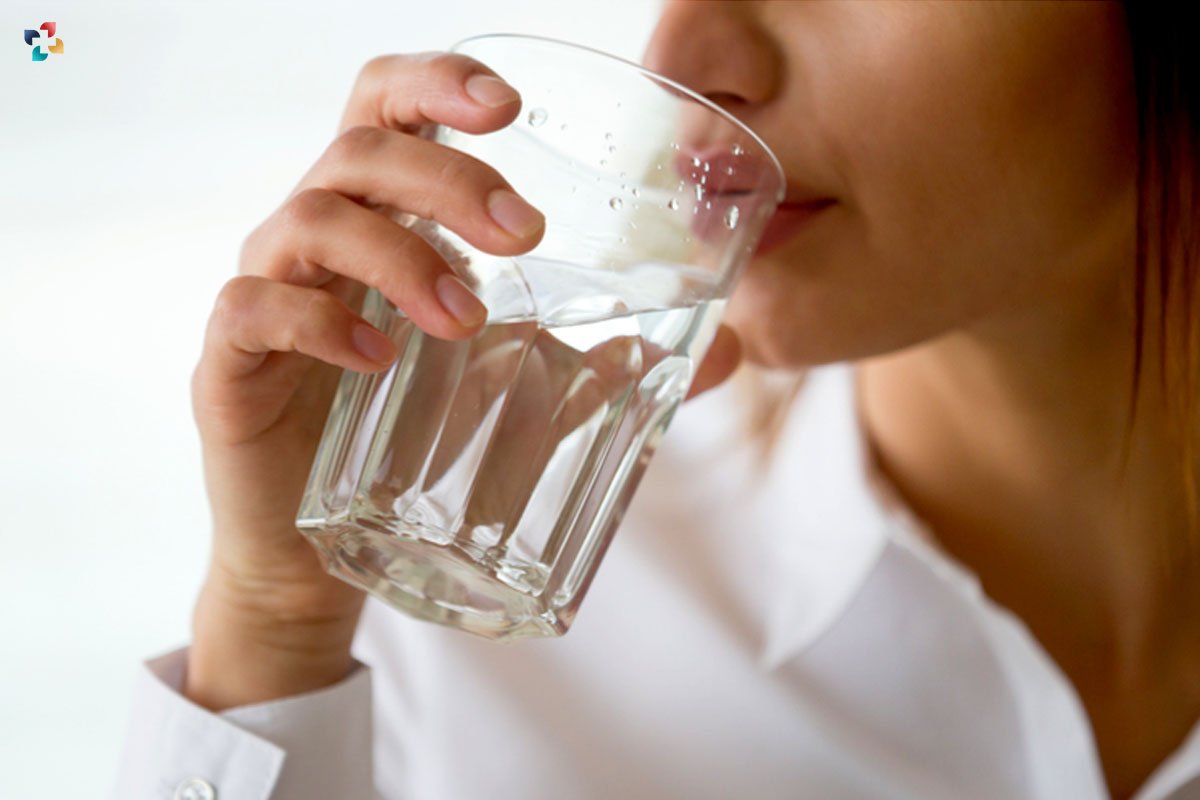
“At least a liter of water enters our colon during digestion, but only a little fraction of that is eliminated as part of our stool,” explains Grace Goodwin Dwyer, M.S., M.A., R.D., L.D.N., of Nashville. “Poop that has had too much water taken from it, either because you’re dehydrated or because you poo seldom, will be rather hard.”
Daily water consumption needs differ from person to person, with activity level and surrounding environment all influencing how much you need to drink. While your recommended daily quantity may vary depending on these factors, the Institute of Medicine of the National Academies does provide broad guidelines for being hydrated or Your Diet is Causing Constipation.
Males do this by ingesting roughly 3.7 liters of total water per day (about 15 cups), whereas females consume approximately 2.7 liters daily (about 11 cups). However, if Your Diet is Causing Constipation fluid intake does not have to be limited to plain old water. Beverages such as juices, sodas, coffee, milk, and tea, as well as dietary sources, contribute to a person’s overall water consumption. (In case you missed it, here are some of our favorite hydrating meals to help you accomplish your water goals!)
2. You’ve Recently Changed Your Diet
Although increasing your daily fiber intake would most certainly be advantageous in the long run, severe dietary changes may sometimes result in short-term adverse effects, such as constipation, since Your Diet is Causing Constipation gastrointestinal system requires time to adjust. “If you don’t eat much fiber and suddenly ingest a lot of fiber, you will likely have some unpleasant gastrointestinal symptoms, such as bloating and gas,” Carli adds. “Begin with 1/4 cup of legumes per day for a few weeks before rising to 1/2 cup per day for another few weeks. Slow increases will avoid these unpleasant effects.”
High-sodium processed meals, as well as high-fat, low-carb diets like the ketogenic diet, are also culprits for irregular bowel movements. Eating too much salt, according to a 2022 study published in the journal Nutrients, may reduce the quantity of water in your excrement, making it harder and more difficult to pass.
- Your Diet is Causing Constipation
- Favorite hydrating meals
- Insoluble fibers
“If you’re suffering from constipation, Your Diet is Causing Constipation, I’d include laxative foods like flax seeds, chia seeds, berries, and stone fruits like peaches, plums, and apricots,” Dwyer says. “Begin with 2 tablespoons of seeds and 1 cup of fruit each day. Don’t forget to boost your water intake as well to aid your body transport this fiber along.”
3. You Aren’t Consuming Enough Fiber
Fiber, a vital macronutrient that is frequently overlooked, is crucial for regulating blood glucose levels, and intestinal health, and reducing the emergence of chronic illnesses. In fact, if you’ve been experiencing constipation, Dwyer suggests checking your daily dietary fiber consumption levels. “It’s useful to understand what’s going on in our bodies, and occasionally increasing a certain kind of fiber might assist with bowel movement issues.”
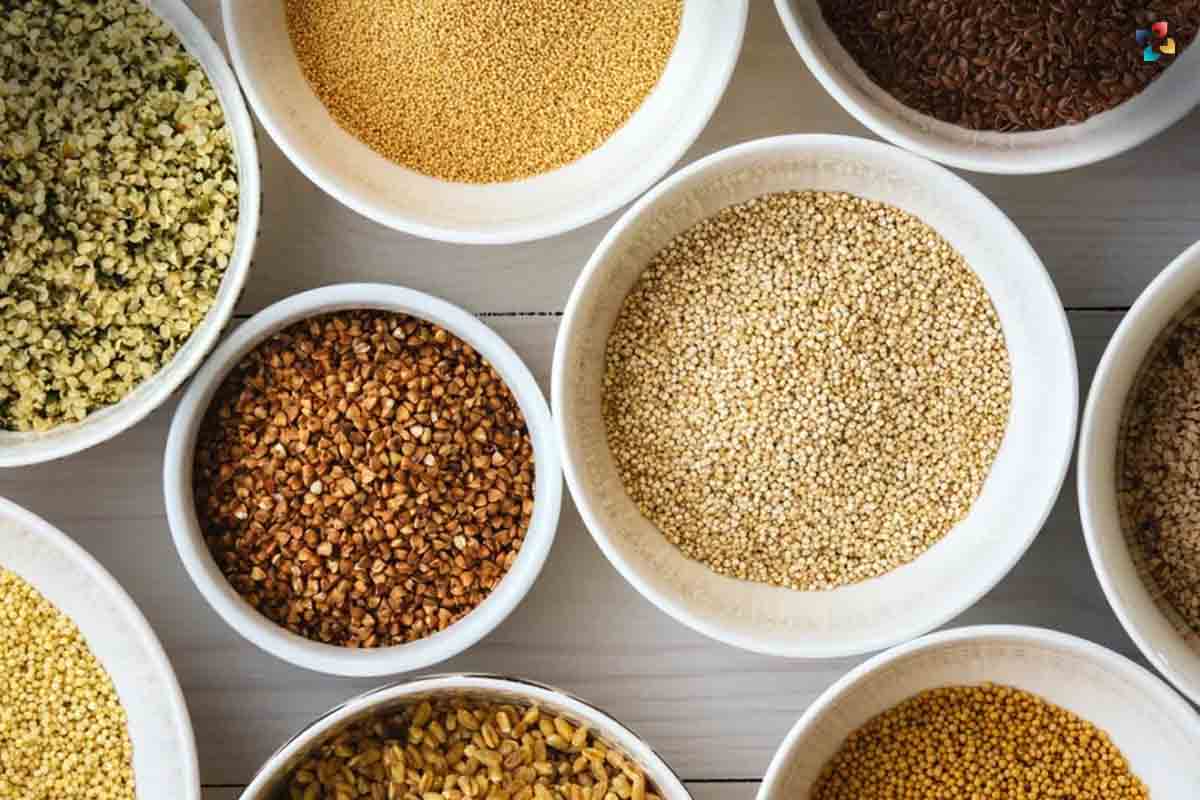
The 2020-2025 Dietary Guidelines for Americans suggest 22 to 34 grams of fiber per day for healthy individuals. Adult men often need more fiber than females, ranging from 28 to 34 grams per day. Despite the advantages of including more fiber-rich foods in Your Diet is Causing Constipation, the Dietary Guidelines for Americans report that more than 90% of American ladies and 97% of American males fall short of the recommended daily fiber intake, averaging just 14 grams of dietary fiber per day.
“Sometimes individuals believe they need to add a supplement, such as a powder or drink, to improve their fiber consumption,” Carli adds. “However, I suggest beginning with fiber derived from whole foods since, in addition, to tasting better, whole foods have extra nutritional advantages such as vitamins, minerals, and antioxidants.”
And that’s not all that fiber-rich foods have to offer. Whole grains, such as brown rice, nuts, seeds, and vegetables, are high in insoluble fibers, which Dwyer claims Your Diet is Causing Constipation aid to bulk up your stool, making it bulkier and keeping it from solidifying. Insoluble fibers also contribute to a feeling of fullness. “Soluble fibers, such as those found in oats, beans, and chia seeds, aid to balance blood sugar and may reduce blood cholesterol by binding to bile in the GI tract,” Carli says.
4. You are stressed and anxious.
Everyone reacts differently to stress and anxiety. According to the Centers for Disease Control and Prevention (CDC), stress may create anxiety, dread, or feelings of powerlessness in certain people. Others have more physical symptoms, such as high pulse and dizziness, as well as sleepiness and, you guessed it, Your Diet is Causing Constipation.
“Stress may greatly alter our appetite, causing some individuals to emotionally eat and others to avoid eating,” explains Kristen Carli, R.D., owner of Camelback Nutrition & Wellness, a Scottsdale, Arizona-based private nutrition clinic. “It may also have a significant impact on our gastrointestinal function.”
There is a clear correlation between mental health and gut health, according to a 2018 study published in the journal Frontiers in Microbiology. Chronic stress not only alters the gut flora but may also cause digestive disorders including irregular bowel motions and irritable bowel syndrome (IBS). Stress may also cause the digestive process of peristalsis (wave-like motions that transport food through your stomach) to cease suddenly when the body transitions from a calm state to a fight-or-flight sympathetic nerve reaction, which is ultimately the reason you can’t defecate.
Learning which stress management tactics work best for you might be really beneficial. “It may be as easy as taking a bath with a glass of tea and a nice book or as intense as [an indoor cycling] class,” Carli says. “I basically help people find what self-care activities they like and recommend that they pursue these hobbies instead of resorting to food to deal with stress.”
5. You Should Increase Your Exercise Routine
Another reason you can’t defecate on a regular basis might be your degree of physical exercise. According to the National Library of Medicine’s MedlinePlus database, a sedentary lifestyle increases the incidence of irregular bowel movements in addition to losing muscular strength, lowering bone density, and leading to poor circulation. According to the findings of a 2019 review of the literature published in the Scandinavian Journal of Gastroenterology, exercise may be a feasible and effective therapy for constipation reason is Your Diet is Causing Constipation.
Exercise may also benefit your gut microbiota. For example, the findings of a 2019 research published in Nutrients reveal a link between increased physical exercise and improved gut health. Daily brisk walks were shown to increase intestine Bacteroides, an important form of microbiome bacteria, in healthy females over the age of 65.
6. You’ve started taking a new medication or supplement.
Too much of a good thing, like in dietary supplements, isn’t necessarily a good thing. While iron and calcium are crucial elements that the body needs for blood and bone health, having too much of either may slow down bowel movements, resulting in constipation.
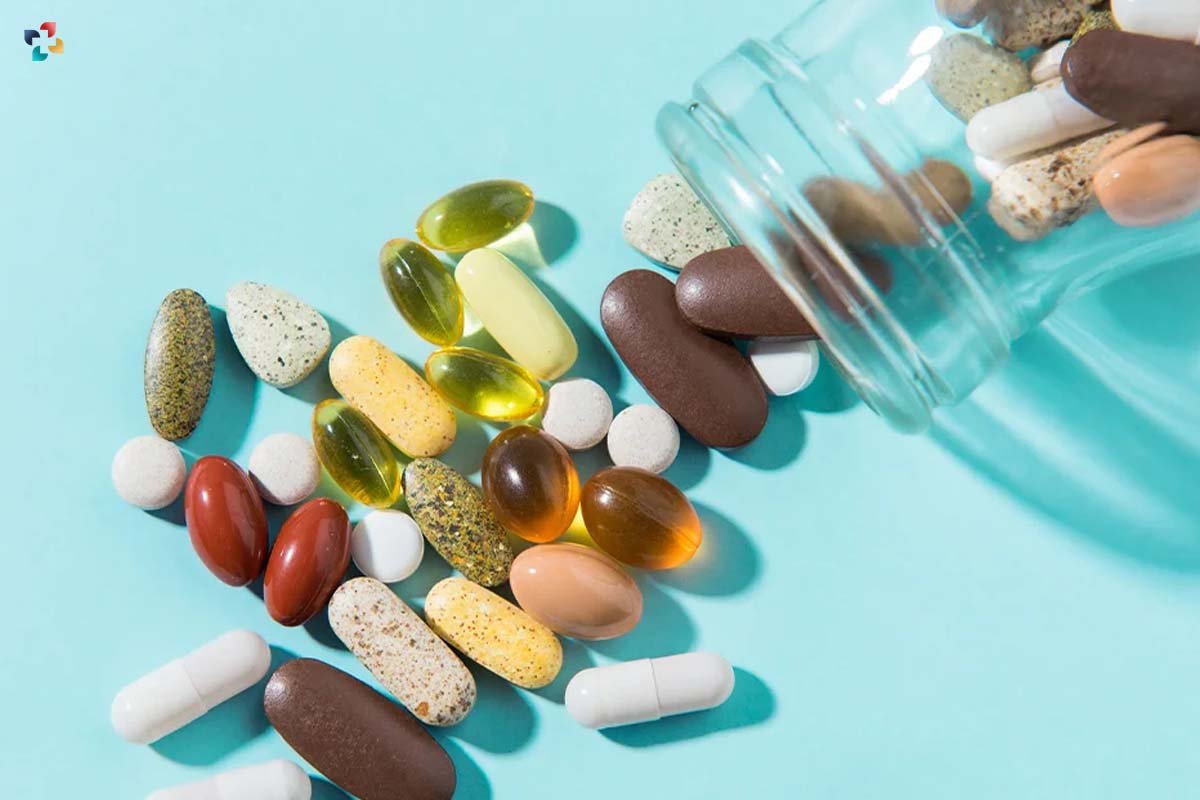
Certain drugs are in the same category. Antihistamines, opioids, blood pressure medications, and even antidepressants, according to a 2018 review of the research published in the journal Medicine, may all have a role in the regularity (or lack thereof) of your bowel movements. Some function by delaying the passage of food through the digestive system, whilst others pull too much fluid from the GI tract. Both fundamentally enhance the likelihood of constipation, a risk that increases with age Your Diet is Causing Constipation.
This is why healthcare doctors and nutritionists advise boosting not just your dietary fiber consumption because Your Diet is Causing Constipation, but also your regular water intake. “I highly encourage people to remember that water is also a factor in this equation,” Dwyer adds. “Many individuals who suffer from constipation are dehydrated, and increasing their fluid intake, particularly in the morning, may make a huge impact.”





